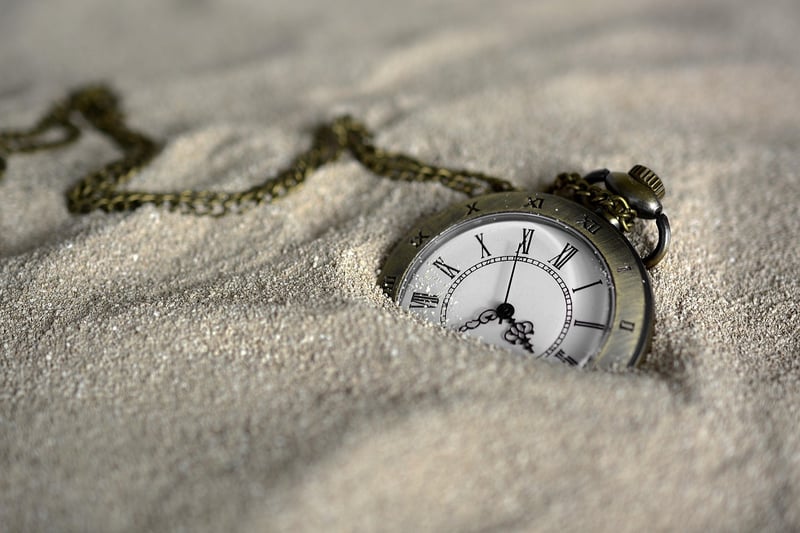Causal Loops
Understanding Time's Quirks and Causal Loops
Time, a concept that governs our lives and the universe, is far from being simple and linear. It exhibits quirks and phenomena that challenge our understanding of reality. One such intriguing aspect is the concept of causal loops, where cause and effect become intertwined in a complex and self-referential manner.
Time's Quirks
Time is not just a straightforward progression from past to present to future. It can bend, warp, and behave in ways that defy our conventional wisdom. From Einstein's theory of relativity to the mysterious nature of quantum mechanics, time continues to surprise and perplex us.
Einstein's Theory of Relativity
According to Einstein's theory, time is not a constant but can vary depending on the speed of an object and the strength of gravity. This means that time can slow down or speed up relative to an observer, leading to mind-bending scenarios such as time dilation.
Quantum Time
At the quantum level, time behaves in strange and unpredictable ways. Concepts like superposition and entanglement suggest that time may not flow in a linear fashion but rather exist in a state of potentiality where multiple outcomes are possible simultaneously.
Causal Loops
Causal loops, also known as closed timelike curves, are a phenomenon where an event is both the cause and effect of itself. This creates a loop in time where the past influences the future, and the future affects the past, leading to a self-referential cycle.
Examples of Causal Loops
One famous example of a causal loop is the grandfather paradox, where a time traveler goes back in time and prevents their grandparents from meeting, thus preventing their own birth. This creates a paradoxical situation where the time traveler's existence is both dependent on and prevented by their actions in the past.
Philosophical Implications
Causal loops raise profound questions about free will, determinism, and the nature of causality. If events can loop back on themselves, what does it mean for our agency and the idea of a linear progression of cause and effect?
Conclusion
Time's quirks and causal loops remind us that our understanding of the universe is far from complete. As we delve deeper into the mysteries of time, we continue to uncover new layers of complexity and wonder that challenge our very notions of reality.


